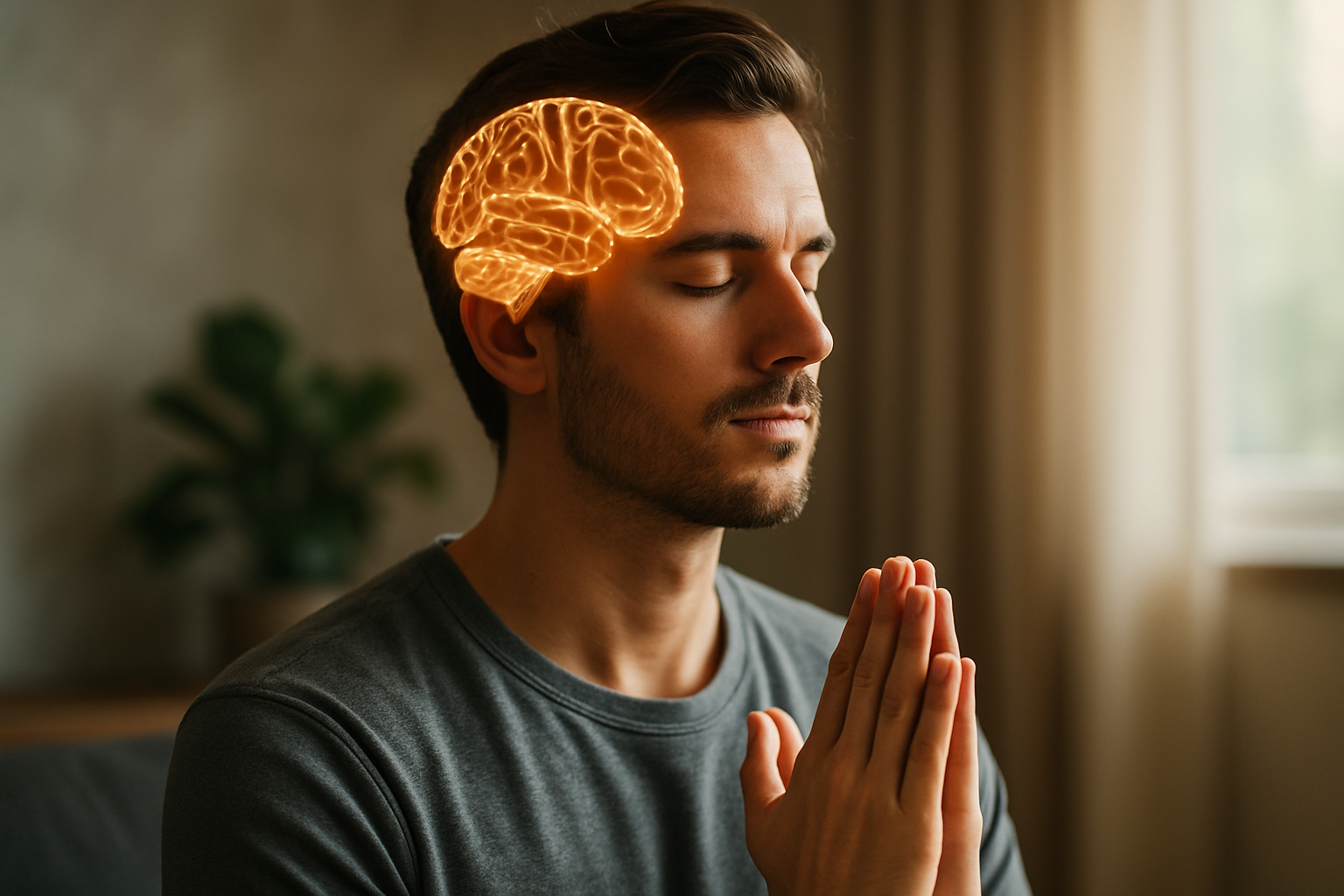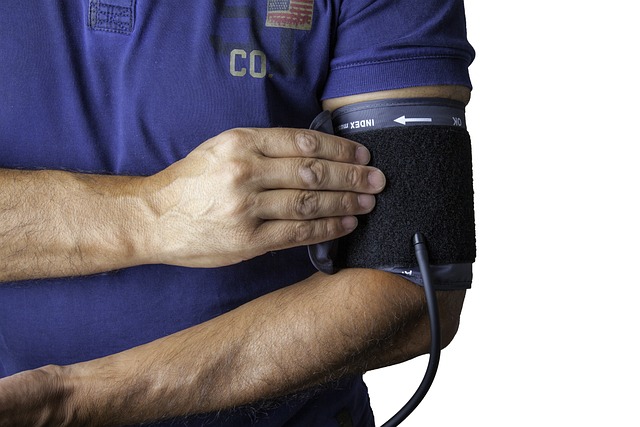Are There Any Natural Drinks That Help Improve Memory and Focus?
When your mind feels foggy and concentration wavers, reaching for the right beverage can make a meaningful difference. While proper hydration forms the foundation of cognitive health, certain natural drinks contain compounds that may enhance mental clarity, memory retention, and focus. Understanding which beverages offer these benefits—and recognizing the broader lifestyle factors that influence brain function—can help you make informed choices for optimal cognitive performance.

Which Natural Drinks Support Cognitive Function?
Green tea stands out as one of the most researched beverages for brain health. This traditional drink contains L-theanine, an amino acid that promotes relaxation without drowsiness, paired with moderate caffeine levels that enhance alertness. The combination creates a balanced state of focused calm that many people find ideal for concentration-demanding tasks.
Coffee, when consumed mindfully, also supports cognitive function through its caffeine content and antioxidants. However, the key lies in moderate consumption—typically one to three cups daily—to avoid jitters or sleep disruption that could counteract mental performance benefits.
Herbal teas like ginkgo biloba, rosemary, and sage have traditional associations with memory enhancement, though scientific evidence varies in strength. These caffeine-free options provide hydration while delivering potentially beneficial plant compounds.
How Do Natural Homemade Drinks That Are Believed to Be Beneficial Compare?
Creating brain-boosting beverages at home allows you to control ingredients and customize flavors. Turmeric golden milk, made with turmeric, warm plant milk, and spices like black pepper and ginger, provides curcumin—a compound studied for its potential neuroprotective properties.
Blueberry smoothies offer anthocyanins, antioxidants linked to improved memory function in some research studies. Combining fresh or frozen blueberries with yogurt or plant milk creates a nutrient-dense drink that supports both hydration and cognitive health.
Beetroot juice has gained attention for its nitrates, which may improve blood flow to the brain. While the taste isn’t universally appealing, mixing beetroot juice with apple or carrot juice creates a more palatable cognitive-support beverage.
What Role Does Proper Hydration Play in Mental Performance?
Dehydration significantly impacts cognitive function, even at mild levels. Research shows that losing just 2% of body water can impair concentration, alertness, and short-term memory. This makes proper hydration the cornerstone of any strategy to enhance mental performance naturally.
Water remains the gold standard for hydration, but electrolyte-enhanced beverages can be beneficial during periods of increased fluid loss through exercise or heat exposure. Coconut water provides natural electrolytes without added sugars found in many commercial sports drinks.
The timing of hydration matters too. Starting the day with a large glass of water helps counteract overnight dehydration, while maintaining consistent fluid intake throughout the day prevents the cognitive dips associated with dehydration.
Are There Scientific Studies Supporting These Claims?
Research on beverages and cognitive function continues to evolve, with some findings more robust than others. Green tea’s cognitive benefits have substantial research support, particularly regarding the L-theanine and caffeine combination’s effects on attention and working memory.
Studies on blueberry consumption, including blueberry drinks, suggest potential improvements in memory tasks, especially in older adults. However, many studies use concentrated extracts rather than whole fruit beverages, making direct applications somewhat limited.
Coffee research consistently shows short-term cognitive benefits, though individual responses vary significantly based on factors like genetic caffeine metabolism, tolerance levels, and consumption timing.
What Unique Considerations Apply in the United States?
Americans consume an average of 400 cups of coffee annually, making it a primary cognitive-enhancement beverage for many. The widespread availability of specialty coffee shops and tea retailers across the US provides unprecedented access to high-quality brain-supporting beverages.
Regional preferences vary, with matcha gaining popularity on the West Coast while sweet tea remains prevalent in the South. Understanding local beverage cultures can help identify naturally occurring cognitive-support options in different areas.
The US supplement industry’s regulation of herbal teas and functional beverages differs from pharmaceutical oversight, making consumer education about quality and sourcing particularly important for American consumers seeking cognitive benefits.
What Other Factors Are Important for Cognitive Health?
Beverages alone cannot optimize brain function without supporting lifestyle factors. Quality sleep, regular exercise, and stress management significantly impact cognitive performance, often more dramatically than any single dietary intervention.
Nutrition beyond beverages plays a crucial role, with omega-3 fatty acids, B vitamins, and antioxidant-rich foods supporting brain health. A Mediterranean-style diet paired with appropriate hydration and beneficial beverages creates a comprehensive approach to cognitive optimization.
Timing matters for both beverages and broader lifestyle factors. Consuming caffeine too late in the day can disrupt sleep, while consistent meal timing and regular exercise enhance the cognitive benefits of natural brain-supporting drinks.
This article is for informational purposes only and should not be considered medical advice. Please consult a qualified healthcare professional for personalized guidance and treatment.
While natural drinks can support cognitive function when combined with proper hydration and healthy lifestyle choices, individual responses vary significantly. The most effective approach combines evidence-based beverage choices with comprehensive attention to sleep, nutrition, exercise, and stress management for optimal brain health and mental performance.




